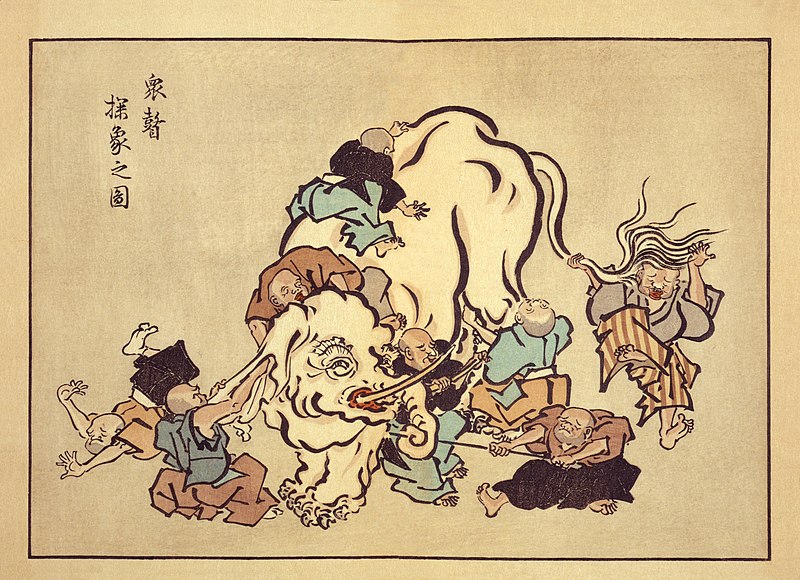It is the story of Benjamin Button, a man born as an old man who ages backwards his entire life. It is said to be a masterpiece, but I don't know I haven't seen it yet. Anyway, there is a scene early in the movie where a young black woman has found Benjamin on the steps of the nursing home where she works. As she brings the child in she says to him, "you are as ugly as an old pot, but you are still a child of God."
That might be one of the most profound statements anyone can make about another human being. You are a child of God. It is a theme we hear in both the Epistle to the Galatians and in the Prologue to John's Gospel.
But when the fullness of time had come, God sent his Son, born of a woman, born under the law, in order to redeem those who were under the law, so that we might receive adoption as children. And because you are children, God has sent the Spirit of his Son into our hearts, crying, "Abba! Father!" So you are no longer a slave but a child, and if a child then also an heir, through God.
But to all who received him, who believed in his name, he gave power to become children of God, who were born, not of blood or of the will of the flesh or of the will of man, but of God.
In contemporary Christianity, like in The Curious Case of Benjamin Button, we use the term "child of God" very loosely. We often hear it said that we are all children of God. Which, on some level, is quite right. God knew us all, even before we were in our mother's womb. He knit us together. Even the most difficult child, even the worst sinner in history, even the Buddhist monk on top of a mountain in Nepal is a gift from God; a child of God.
Yet the lessons for today seem to paint a much narrower picture of being a child of God. As Galatians says we are adopted as children of God by the saving grace of Jesus Christ. While we are all made in God's image by the God of all Creation, we are still children of this world, born of human flesh subject to all the messiness that entails. I am a child of John and Pat, but an adopted son of God having been given the power to be born again by the Spirit.
Becoming a child of God means joining with Jesus in his divinity. We are blessed with the opportunity to join with God in the family business; namely the redemption of the world. Prior to Jesus that work was given only to a select few; the prophets, the kings, the judges, but with Jesus the power to become children and heirs has been blown wide open. We all now have the chance to join with God in his work and the receive its benefits.
Perhaps we could rephrase the quote from earlier to make it more apt for those us sitting in this chapel today. "You are a sinner, but by the grace of God you have been made a child of God." As 2009 approaches join with me in claiming your status as a child of God and join with God in his work of redemption.



